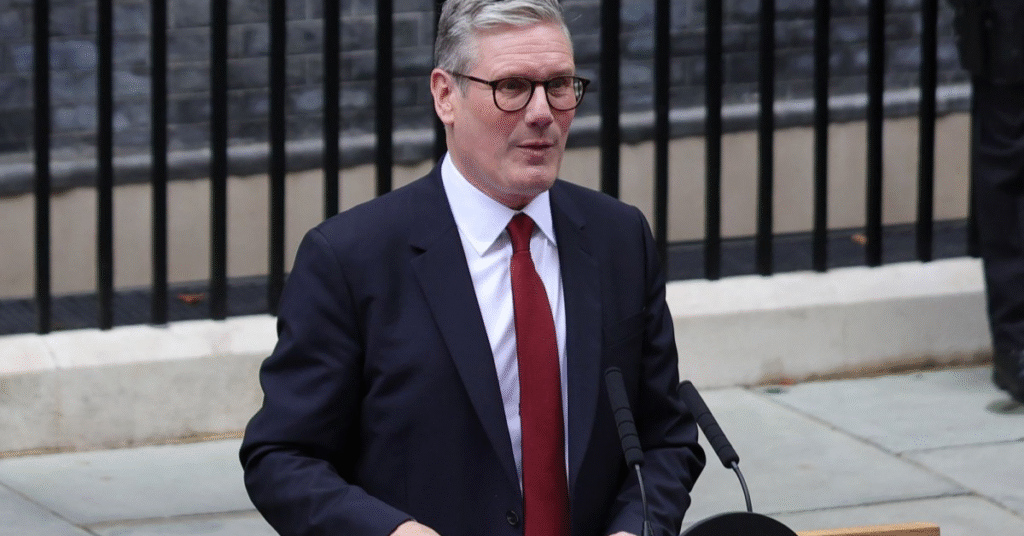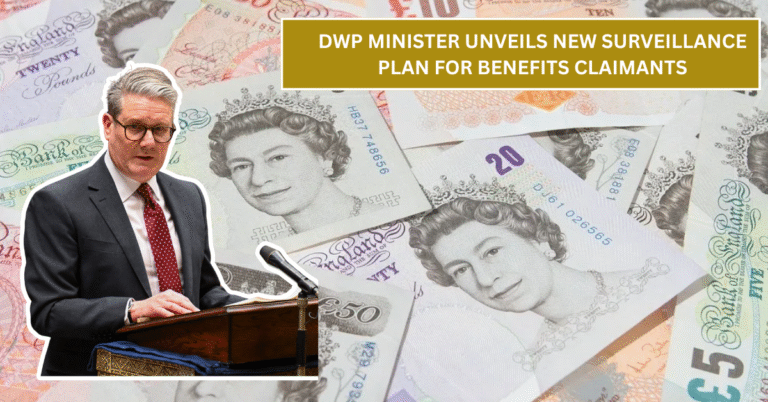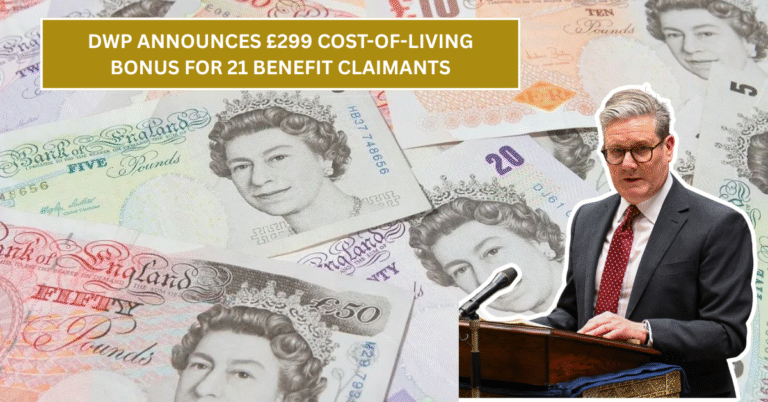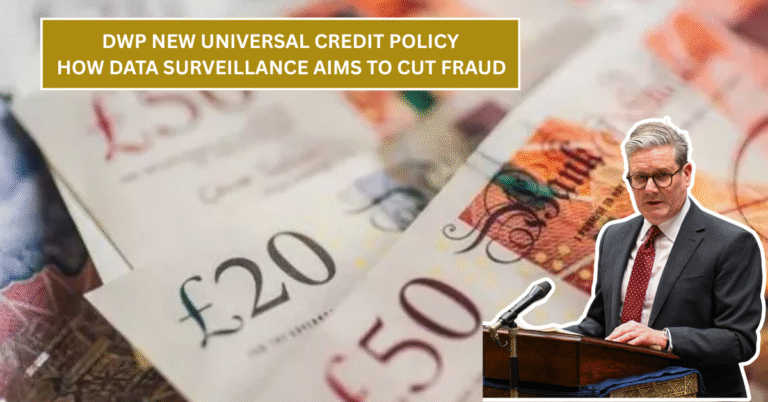
In an effort to ease the financial burden on households across the UK, the Department for Work and Pensions (DWP) is issuing £200 cost of living payments this year — and in a welcome twist, not everyone needs to be on traditional means-tested benefits to qualify.
As living costs continue to pinch household budgets due to inflation, rising energy bills, and increased food prices, the government has introduced a series of support measures targeting the most vulnerable. But for this specific £200 payment, millions will be eligible outside of the usual benefit criteria, due to how the scheme is structured.
Who’s Eligible for the £200 Payment?
This Article Includes
The £200 cost of living payment is part of the Energy Bills Support Scheme Alternative Funding — a branch of the government’s broader support program designed to help those who were missed by the initial energy bill support.
The payment was initially introduced in 2023 as a response to feedback that some households—such as those in care homes, on park home sites, or living off the electricity grid—had not received the automatic £400 energy support given to direct energy customers. The alternative £200 was created to specifically reach those people.
This year, some recipients who missed out or have only now become eligible are receiving the payment, and the eligibility rules extend beyond traditional benefit claimants.
Individuals who may qualify include:
– People living in residential park homes
– Care home residents responsible for paying some or all of their energy costs
– Those living in shared accommodation where energy bills are included in rent
– Households without a direct relationship with a domestic energy supplier
– Households that use alternative fuels and who didn’t benefit previously
These households did not receive the original £400 energy support payments that went to most UK homes between October 2022 and March 2023 via deductions from their electricity bills. Instead, they were invited to apply for an Alternative Funding scheme — and now, those payments are finally being processed.
No Need to Be Claiming Benefits
Unlike many of the other cost of living payments distributed recently — such as the £301, £300, and £299 instalments aimed at those on Universal Credit, Pension Credit, or legacy benefits — the £200 energy payment is not tied to benefits or means testing.
This means individuals can qualify even if they are not receiving Universal Credit, Personal Independence Payment (PIP), Income Support, or the State Pension. As long as their living situation meets one of the criteria and they are responsible for paying energy costs, they might be eligible.
How Do You Claim It?
The application window for the Alternative Funding scheme officially closed in May 2023. However, some payments are still being disbursed, including those for people who had delays in application verification or appeals in processing.
The funding is administered by local councils on behalf of the government. People who successfully applied during the open window and met the eligibility are now seeing the £200 being delivered to their bank accounts.
The payment comes directly from your local authority following approval of your application. It is important to check any correspondence from your local council or the DWP to clarify if this support is en route to you.
What to Do if You Think You’re Eligible
Although new applications are not currently being accepted, those who feel they qualify and were unable to apply due to extenuating circumstances are encouraged to contact their local council. In some rare circumstances, councils may still offer help or direct you to further assistance, especially if you are in financial hardship.
Charity organisations such as Citizens Advice are also providing support and guidance. They recommend gathering evidence of your housing circumstances and energy expenses before reaching out to your council or local support agency.
Other Cost of Living Support from the Government
In addition to the £200 energy payment, millions of households have received tiered support from the government aimed at tackling rising living costs as part of a broader cost of living package worth over £26 billion.
This includes:
– Three means-tested cost of living payments for low-income households, totalling £900 over 2023/24
– A £150 payment for those on disability-related benefits
– £300 winter fuel payments for pensioners
Energy prices are also being monitored by Ofgem, and the price cap for energy bills has recently been lowered, offering some relief to most consumers.
Check for Scams and Fraud
With many cost of living payments being transferred directly into bank accounts, the DWP is reminding people to be vigilant about scams. You will never be asked to provide personal banking details or be contacted out of the blue for this payment.
All genuine payments will be automatically processed using the information you provided during your application.
Conclusion
The £200 cost of living payment is a much-needed financial boost for households that may have been overlooked in the wider energy support process. Even if you aren’t claiming benefits, you could still be eligible – particularly if you’re in temporary housing, non-standard accommodation, or lack a direct energy supplier connection.
With payments now arriving, eligible households are advised to check their bank statements and monitor communications from local councils. If you’re unsure of your status or believe you’ve been unfairly missed out, contact your local authority or a trusted advice charity to explore your options.






